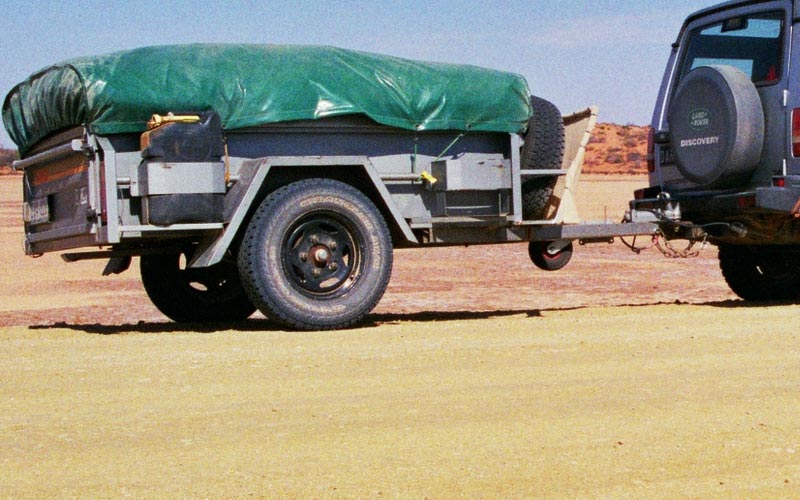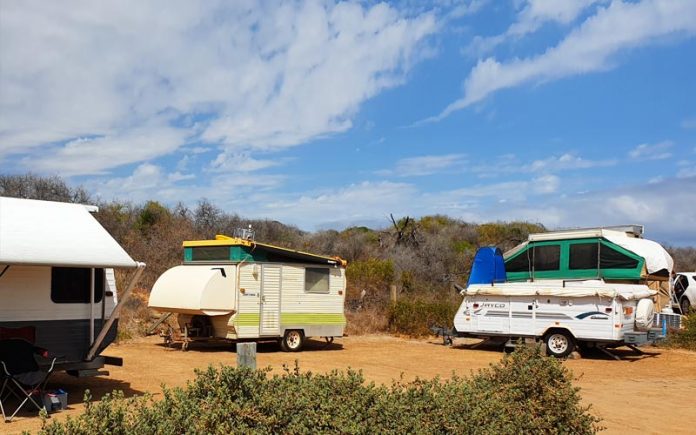Right now, the RV and camping lifestyle is experiencing a resurgence to a level well beyond its former glory. Our nation’s conquering of covid-19, while other parts of the world continue to struggle, means overseas travel is off the cards for the foreseeable future. The result: Australians are returning to our tourist destinations in record numbers.
Sales of new and used RVs are going through the roof. Each manufacturer I’ve spoken to recently has said its production lines were at capacity, with enough orders to keep them busy well into next year.
Sales of secondhand RVs have also hit stratospheric heights and, as the law of supply and demand dictates, so have the prices. In fact, some of the prices I’ve seen for vans and camper trailers on the secondhand market could only be described as eyewatering. If you want to buy anything, regardless of age and condition, you’ll be paying top dollar.
For this reason, the risk of purchasing someone else’s nightmare is high, especially if your budget is tight. So in this two-part series, we want to arm you with as much information as we can so you have the best chance of a successful secondhand RV purchase.
RESEARCH
For any major purchase to be a success, you need to start with good research. Unless you know exactly what you want and what to look for, you could end up making an emotional purchase with disastrous consequences.
The very first decision is what sort of RV you actually want. Camper trailer or full caravan, on-road or offroad, family size or comfort for a couple? Every design has its advantages and disadvantages. You may want the biggest and the best, but can your tow vehicle cope with the weight? Are you comfortable towing a large trailer? Is exposure to the elements going to be a problem for you?
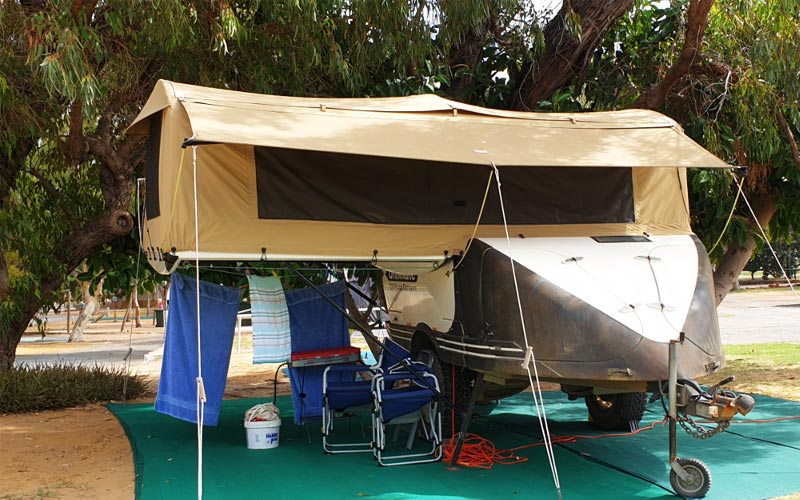
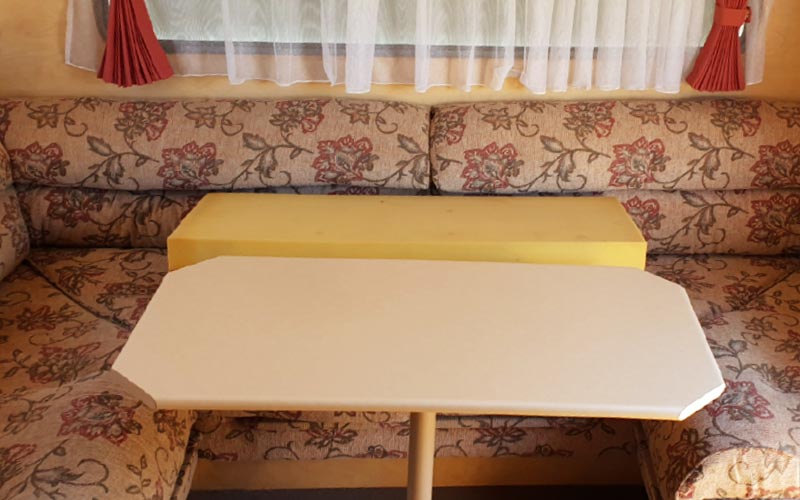
|
RV TYPE |
INSIDE INSPECTION |
CONNECT THE VAN TO A TOW VEHICLE |
| FULL CARAVAN OR FIFTH WHEELER | • Luxurious camping
• Loads of space • Family options • Quick set-up and pack-up • Ultimate protection from the elements • Usually set-up for free-camping as well as caravan park stays • Most ‘home-like’ living |
• Can be heavy, requiring a ‘large’ tow vehicle
• Limited to larger camping sites • Challenging to reverse into tight spaces • Expensive to register in some states • Not everyone is comfortable towing a heavy trailer |
| FOLD-OUT CARAVAN | • Lighter and cheaper than a full van
• Easier to tow in windy conditions • Great for families on a budget |
• More set-up time
• More exposure to the elements • Storage space may be limited • The larger models may still pose a challenge for people who are inexperienced at towing |
| HYBRID
CAMPER |
• Many of the features of a full van in a more compact floorplan
• Designed for offroad use • Very clever designs packed full of features • Lots of storage |
• Expensive even for a small unit
• The interiors can be ‘claustrophobic’ • Limited family-friendly options |
| POP-TOP | • Can be lighter than a full van but with similar living space
• Cheaper than a full van or fold-out style • Pop-tops tend to be smaller in size than full vans, making them easier to tow, especially in windy conditions |
• More set-up time than a full van
• Slightly less protection from the elements • Less storage • Not many options for large families • Some may not have air-conditioning |
| CAMPER TRAILER | • Lightweight
• Easy to tow • Lots of options for campsites • Great for the more adventurous travellers • Huge range of configurations to suit most needs |
• The more complex, the more time and effort required to set-up
• Less protection from the elements • Packing up wet canvas is no fun • Security can be an issue • They can be expensive |
| MOTORHOME | • No towing involved
• Liveability of a caravan • Very little set-up and pack-up time • Larger units have more storage than a full van |
• Larger units may require a light or medium truck licence
• Few family options • Your primary (or only) mode of transport • Limited offroad options • Can be expensive |
| CAMPERVANS | • Very cheap to buy and maintain
• Very easy to drive • Economical • Loads of fun • Easy to park |
• Basic accommodation
• Not very comfortable inside • Limited storage • Not really a family solution
|
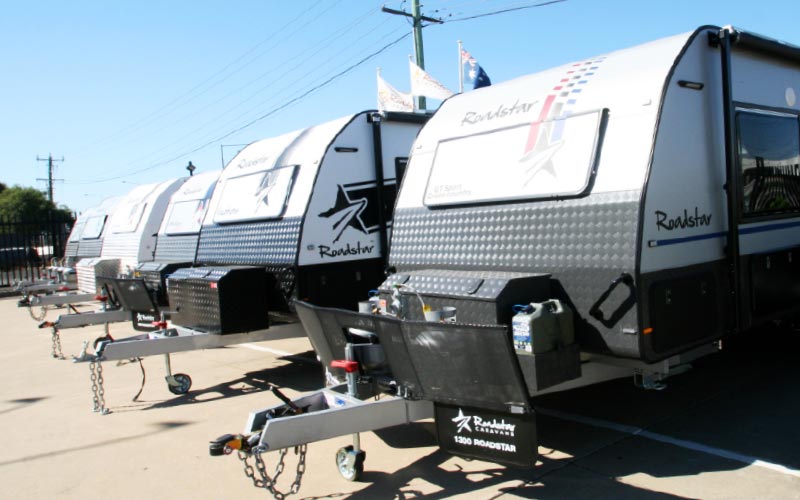
|
COMMENTS |
|
• Full caravans and fifth wheelers come in all shapes and sizes. The smaller the van, the less storage and living space. • Small vans are easy to tow and park but can be ‘claustrophobic’, especially in bad weather. • You may also have to consider options for storing a big van when it’s not being used.
|
|
• An excellent option for young families, especially if you want the interior features and space of a full caravan that’s a little easier to tow. • Older kids may not appreciate sharing bed space with their siblings. • Not ideal if the weather is cold and wet
|
| • Hybrid campers offer a great compromise between a full-size van and lightweight offroad camper trailer.
• While they are expensive, they tend to be packed with the latest technology. • While the interiors are well designed, if you’re stuck inside due to the weather, you may feel ‘closed in’ |
|
• There’s not a huge difference between a pop-top van compared to an equivalent full caravan. Slightly less convenience and a little more exposure to the elements are the only downsides • Less height increases storage options
|
|
• The sheer range of types and configurations of camper trailers leans there is something for everyone and every budget. • Many are offroad capable. They will go where many caravans can’t. • Some are easy to set-up but most are not. • In the wind and the rain, they can be uncomfortable.
|
|
• Motorhomes are fantastic if you don’t like the idea of towing a large caravan. • Most use a commercial vehicle as a base so you may not get all the mod cons of a car. • Unless you have a bike or a small car to tow, even a quick trip to the shops requires a full pack-up
|
|
• Campervans are a great escape machine. • They are easy to drive and park. • Depending on the model, you may have to set-up your bed every night. • Similar inconvenience to a motorhome when it comes to doing the shopping. • If the weather is bad, you might want to check into a hotel.
|
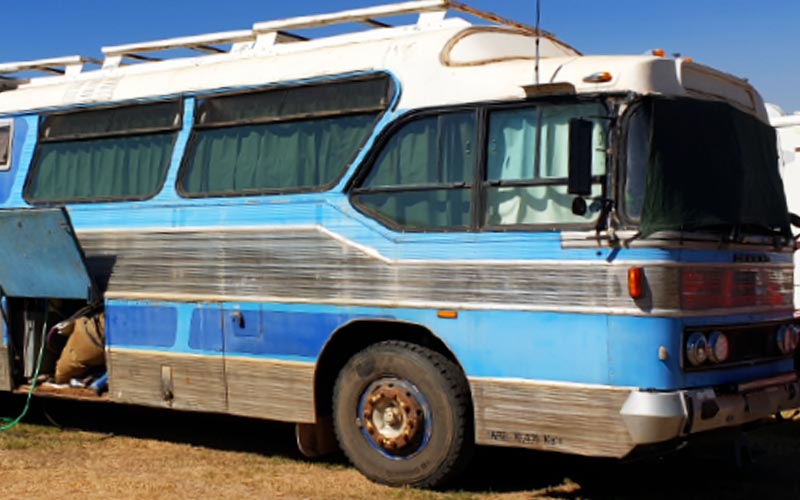
JOIN GROUPS AND FORUMS
The internet is full of good and useful information about RVs of all types, but there is nothing quite like talking to the owners themselves. There are still a few good caravan and camper forums that are focused on Australian RVs, but there is a growing number of dedicated groups on Facebook from where you can also get a wealth of information.
Facebook groups tend to be divided into four categories:
1. General caravanning and camping groups that cater for all types of RVs and related subjects. Some of these are huge, with the popular groups sporting membership numbers of over 100,000. They are great for searching for general information but, due to the sheer numbers, they have their fair share of less helpful members. If you want a wide range of opinions, they are ideal.
2. Groups dedicated to specific brands and, in some cases, specific models from the same brand. These tend to be smaller groups and the information they share is very specific. That said, the members will have more knowledge about the brand and type of RV you’re interested in. The smaller membership numbers mean the trolls have generally been weeded out so you’re more likely to receive friendly and useful responses to your questions.
3. Groups that focus on a certain aspect of the caravanning and camping lifestyle. There are groups dedicated to subjects such as off-road caravanning, RV electrics, tips and tricks, DIY, caravanning with kids or dogs, full-time travellers… the list is almost endless.
4. Finally, you should look for the ‘buy, swap and sell groups’. These have become immensely popular as it is free to advertise in these groups. They will give you a good idea of what is available on the secondhand market as well as an indication of what the price range for a specific brand and model might be.
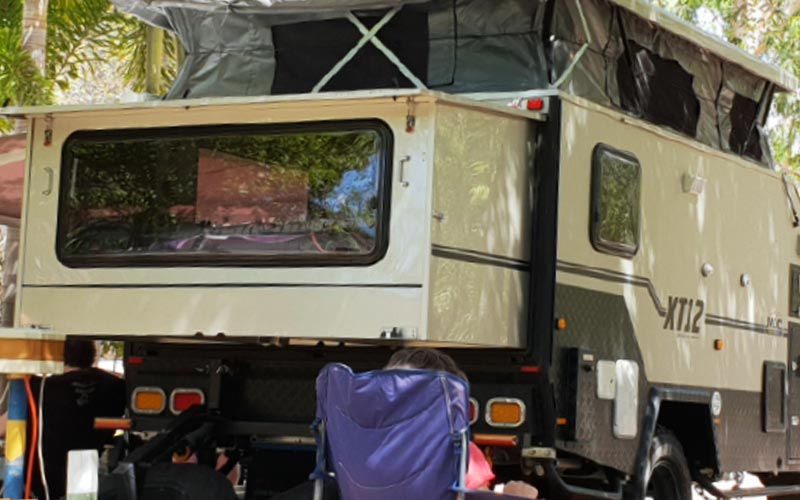
HIT THE STREETS
Finally, now that you’ve got a good idea of what’s on the market and the sort of RV that will suit your needs and travelling style, it’s time to get out there and have a physical look at what’s available. You should check out the secondhand lots as well as RVs that are up for private sale. Take the time to go over everything inside and outside the unit.
Try to imagine what it would be like to live in and with the units you look at. Think about what equipment and gear you will want to take with you and imagine storing it in the various compartments. You would be surprised at how little storage some RVs have. If you’re looking at a private owner’s RV, ask them where they store things.
You should also ask how everything operates and what special features are fitted. If it’s a camper trailer, ask them to show you how to erect and pack it away. If it takes an hour to set-up and pack away, the novelty will wear off very quickly.
Next month, we will go through what you need to do when you’ve decided on a specific unit to purchase: what checks to make, what to ask the seller for, and how to get on the front foot in terms of making the actual purchase proceed as quickly and painlessly as possible.
